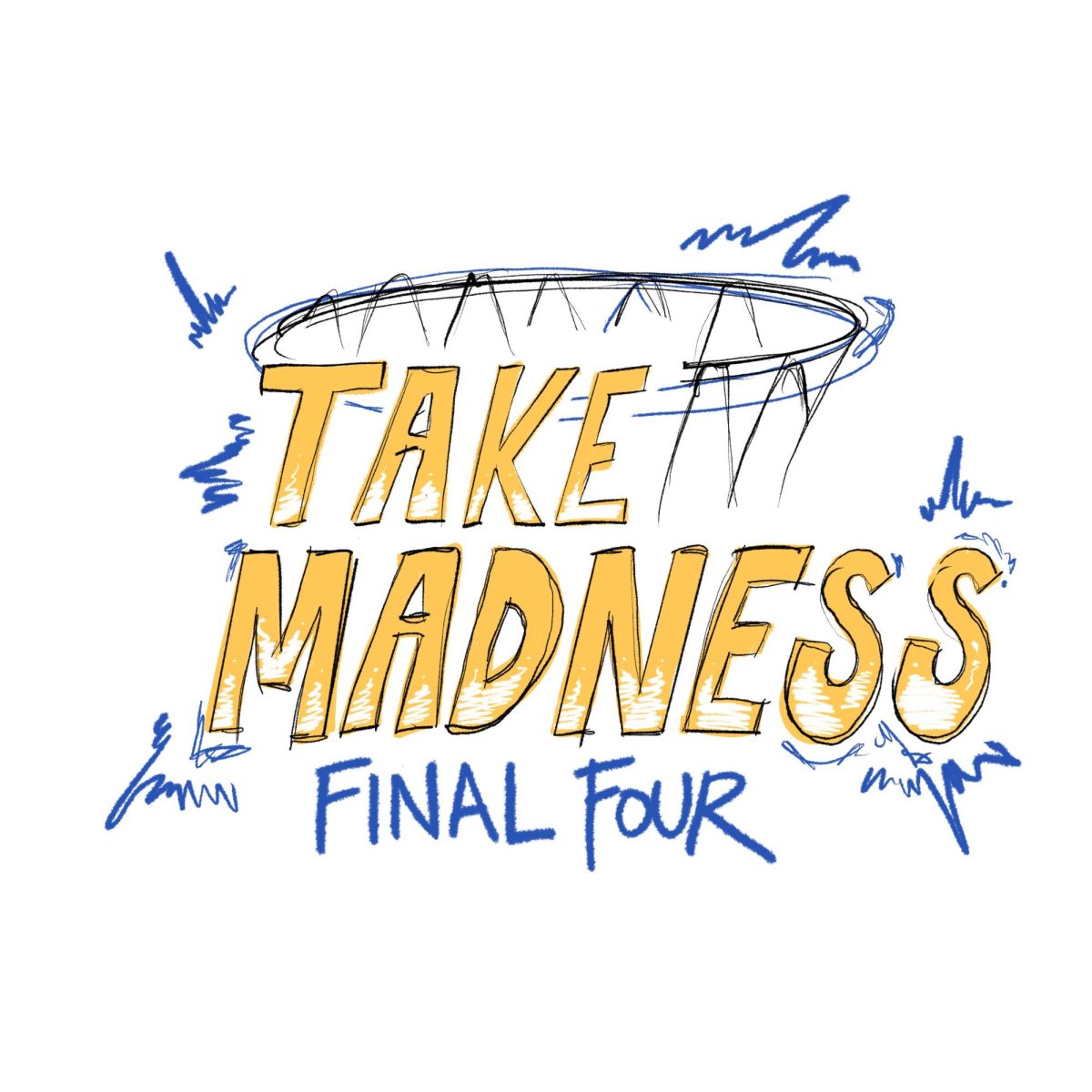Actor prefers activism over fame
November 28, 2006
Once upon a time, the teenage version of actor B.D. Wong sat eagerly awaiting the audition… Once upon a time, the teenage version of actor B.D. Wong sat eagerly awaiting the audition results for a community theater’s productions of “The Wizard of Oz” and “Anything Goes.” Fairly confident after landing leading roles in his school productions, he expected to be cast into an all-American role, like a sailor or something similar.
The director announced the “Anything Goes” cast list first. He read through the sailors. No B.D. Wong. Finally, at the very bottom of the list, the director read the name of one of the two Chinese characters who act as a running joke throughout the musical.
“B.D. Wong.”
“This was the first time anyone had made any connection between me and the stereotypical, subservient Asians shown on television. I was completely shocked by this correlation. It began a whole new period in my life,” Wong said.
Wong told this story and many others telling of his experiences as an openly homosexual Asian-American to a crowded David Lawrence lecture hall on Nov. 27. The lecture was co-sponsored by the Asian Student Alliance and the Rainbow Alliance.
Wong is perhaps best known for his roles as Dr. George Huang on NBC’s “Law and Order: Special Victims Unit,” Father Ray Mukada on HBO’s “Oz” and Captain Li Shang in the Disney film “Mulan.”
The actor is also an activist who works raising HIV/AIDS awareness and spoke at Pitt as part of the week leading up to World AIDS Day, which is this Friday. According to Wong, helping out comes with the package of being a celebrity.
“Part of the reason why people become celebrities is to make change,” Wong said in the question-and-answer session that followed the lecture. “Being a celebrity is a two-way street. I really don’t like the whole fame, being recognized on the subway thing. I didn’t sign up for that. I did sign up for making a difference.”
The primary focus of Wong’s lecture, however, was his struggle to reconcile his Asian-American and homosexual identities as a part of his larger identity.
“At one time, they were the banes of my existence,” he explained. “But now, there’s nothing greater than being invited by the Asian Student Alliance and the Rainbow Alliance. It allows me to share with you my joy of being Asian-American and gay.
“It’s one of those things that makes the world a beautiful place. A person needs to be who they are, through and through.”
Wong cited his role in the Broadway production of “M. Butterfly” as the point at which he finally began to embrace his Asian-American identity. The play is about a 20-year affair between a French diplomat and a Chinese opera star. The French diplomat learns that not only is the opera star a spy for the government, but that she is also a man.
“It changed my life, because I finally made a connection between how it could be beautiful to be an Asian-American. It washed away the shame I had. For years, I was apologizing for not being white,” Wong said.
He also spoke about his public coming-out. It began with an attempt to have children with his then-partner and the premature birth of their son.
Their son’s struggle for life and eventual survival, which Wong attributed to family and friends, was then the subject of a book called “Finding Foo,” named after his son.
“On the eve of the book tour, I realized that I hadn’t officially come out on the record yet. The book forced me to cross the line and gave me the joy to cross the line.”
Despite the serious issues raised by Wong, he joyfully closed out the event by singing a short piece from “The Wizard of Oz.”


